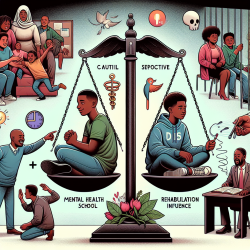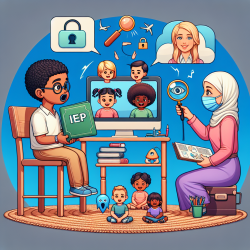Understanding the Role of Charter Schools in Special Education
Charter schools, like all public schools, are mandated to adhere to federal laws governing special education. This includes the Individuals with Disabilities Education Act (IDEA), which ensures that students with disabilities have access to a Free Appropriate Public Education (FAPE). However, the unique legal status of charter schools often necessitates a tailored approach to compliance and service delivery.
Legal Framework: Federal and State Laws
The provision of special education in charter schools is influenced by a combination of federal, state, and local statutes. Four key federal laws—IDEA, the Elementary and Secondary Education Act (ESEA) reauthorized as the Every Student Succeeds Act (ESSA), Section 504 of the Rehabilitation Act of 1973, and the Americans with Disabilities Act (ADA)—form the backbone of special education policy.
These laws collectively aim to protect the rights of students with disabilities, ensuring they receive the necessary support and services to succeed academically alongside their non-disabled peers.
Funding and Legal Identity of Charter Schools
Funding for special education in charter schools is a complex issue, often determined by the school's legal status as an independent Local Education Agency (LEA) or part of an existing LEA. This status affects how federal, state, and local funds are allocated and can significantly impact the resources available for special education services.
For charter schools operating as their own LEA, there is greater autonomy in managing funds and implementing special education programs. However, this also comes with increased responsibility for compliance and service delivery.
Key Considerations for Charter School Authorizers
Authorizers play a critical role in ensuring charter schools meet their obligations under special education laws. This involves overseeing the school's compliance with IDEA, monitoring the implementation of Individualized Education Programs (IEPs), and ensuring that students with disabilities are not unfairly disciplined or excluded.
Authorizers should also provide guidance and support to charter schools in navigating the complexities of special education funding and legal requirements, helping them to effectively serve all students.
Tools and Resources for Success
To support charter schools in meeting their special education obligations, a variety of tools and resources are available. These include checklists for application and renewal processes, guidance on funding and legal compliance, and best practices for discipline and service delivery.
By leveraging these resources, charter schools can ensure they are equipped to provide high-quality education to students with disabilities, fostering an inclusive and supportive learning environment.
For more information, please follow this link.










